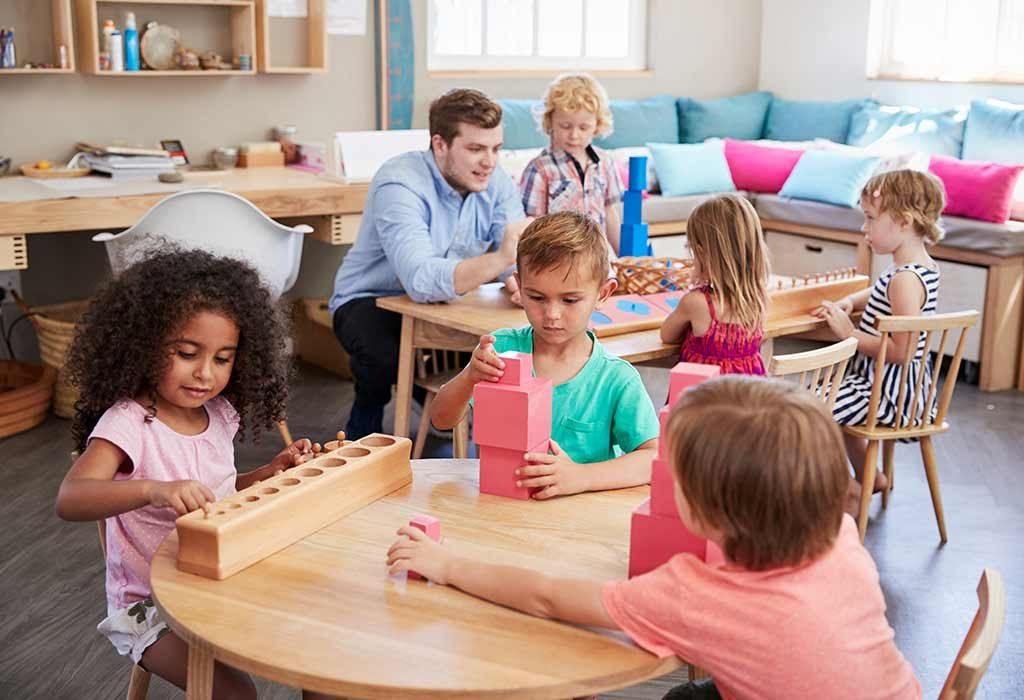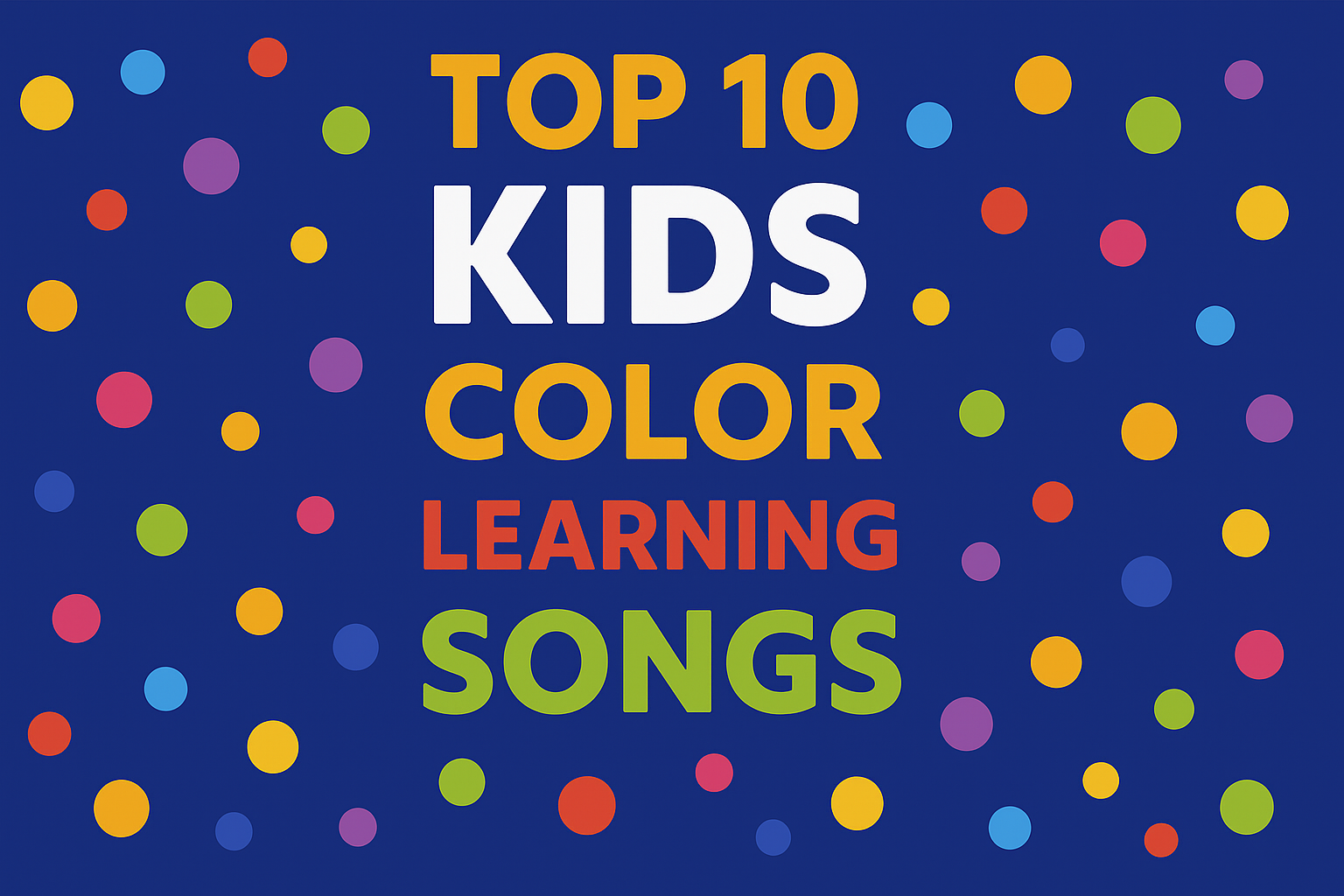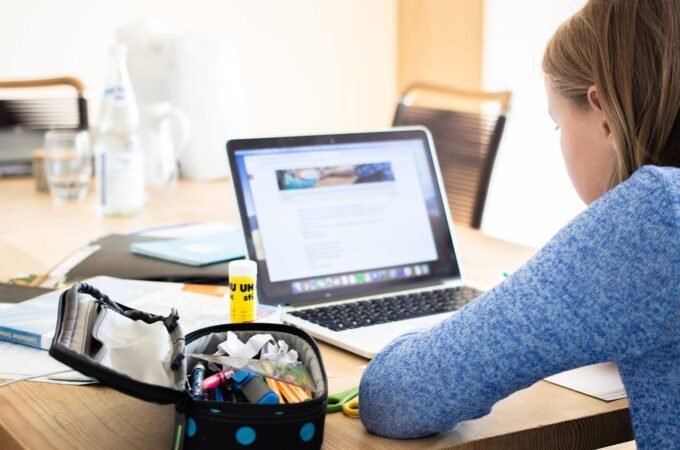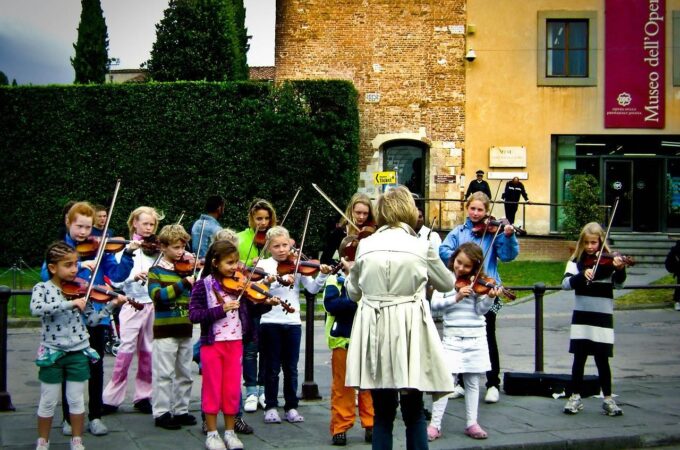
Discover the Benefits of a Montessori School Education for Your Child
There’s no doubt that early childhood education is important to a child’s life. People know that a good start in life sets the stage for future growth, health, and happiness, not just in the early years but throughout life. Recent scientific montessori school studies have shown that children start learning and growing mentally as soon as they are born and continue to do so for the rest of their lives, but not as quickly as they do in preschool. With this in mind, babies, toddlers, and preschoolers need positive early learning experiences that will help them develop mentally, socially, emotionally, and set them up for success in school. So, how does a Montessori-based early childhood education prepare kids for school and life?
- Important Growth Stages
Montessori is a scientific way to teach that focuses on the important stages of development that all children go through on their way to becoming adults. At each of these stages, children are at a good age to learn new skills and do activities that will help them reach their next developmental milestone. Doctor Maria Montessori thought that children would make a lot of progress if they were given the chance to explore and practice these skills. This is why the Montessori method of education is based on how each child learns and grows in a unique way. The Montessori curriculum, classroom structure, and learning materials have been tested, tweaked, evaluated, and proven to help children reach their full developmental potential across age groups, countries, and cultures.
- Social Change and Working Together
In a Montessori classroom, kids of different ages are put together and told to work together and help each other. Because the learning environment is set up in this way, it encourages kids to share and work together as they learn about different parts of the Montessori curriculum. Because of the way the classroom is set up, kids learn to respect each other, work together to solve problems, and feel like they belong to a group.

- Focused on the child, led by the teacher
The Montessori classroom is set up so that children can choose from a variety of activities that are good for their age and stage of development. In a Montessori classroom, teachers are there to guide and help the students learn. They let the kids in the classroom lead, make sure the rules are followed, and encourage the kids to work on their own and at their own pace. Putting children in charge of their own learning lets them learn in a way that is fun and helps them develop self-discipline, independence, and a good sense of themselves.
- Self-evaluation and motivation from within
Self-correction and self-evaluation are important parts of the Montessori method. As kids go through school, they learn to look at their work with a critical eye, find and fix their mistakes, and learn from their mistakes. By giving kids the freedom to ask questions, dig deep, and make connections, Montessori students learn to be self-motivated, confident learners who love to learn on their own. In this way, Montessori education helps students develop a positive and confident attitude toward learning for the rest of their lives.




